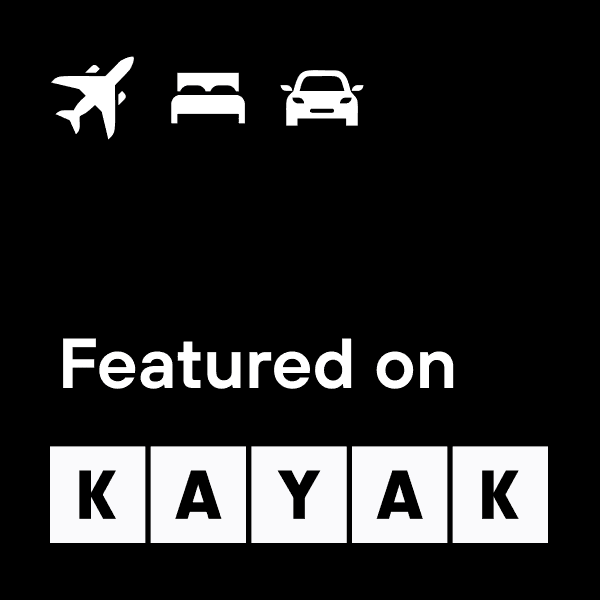Conquering Peaks: Kilimanjaro vs Everest
When it comes to climbing the world’s highest peaks, two names stand out among the rest – Mount Kilimanjaro and Mount Everest. Both mountains offer a unique set of challenges and rewards for climbers, but deciding which one to tackle can be a tough decision.
The Ultimate Climbing Challenge
Mount Kilimanjaro, located in Tanzania, is the highest freestanding mountain in the world, standing at 19,341 feet above sea level. Known for its diverse ecosystems and breathtaking views, Kilimanjaro offers climbers a relatively less technical climb compared to Everest. The trek to the summit usually takes around 5-9 days, depending on the route chosen, and climbers can experience everything from lush rainforests to arctic conditions at the summit.
On the other hand, Mount Everest, located in the Himalayas on the border of Nepal and Tibet, is the highest mountain in the world, towering at an incredible 29,032 feet. Climbing Everest is a dream for many adventurers, but it comes with extreme challenges and risks. The climb requires technical climbing skills, experience with high-altitude conditions, and a significant financial investment. The journey to the top can take anywhere from 6 to 9 weeks, and climbers must navigate treacherous icefalls, unpredictable weather, and altitude sickness.
So, which peak should you choose – Kilimanjaro or Everest? It ultimately depends on your experience level, budget, and personal goals. Here are a few factors to consider when making your decision:
Experience: If you’re new to mountaineering or looking for a less technical climb, Kilimanjaro may be the better choice. The trek to the summit is challenging but accessible to climbers of all levels. Everest, on the other hand, requires advanced climbing skills and experience with high-altitude expeditions.
Budget: Climbing Everest is a significant financial investment, costing tens of thousands of dollars for permits, gear, guides, and other expenses. Kilimanjaro is a more budget-friendly option, with costs ranging from a few thousand to several thousand dollars depending on the route and amenities chosen.
Time: Climbing Everest is a major commitment, requiring several weeks of training and acclimatization before the climb, as well as several weeks on the mountain itself. Kilimanjaro, on the other hand, can be completed in as little as a week, making it a more feasible option for those with limited time.
Ultimately, whether you choose to conquer Kilimanjaro or Everest, both mountains offer a once-in-a-lifetime experience that will push you to your limits and leave you with memories to last a lifetime. So, lace up your boots, pack your gear, and get ready to scale new heights – the adventure of a lifetime awaits!





